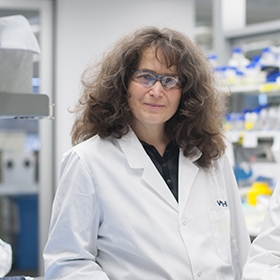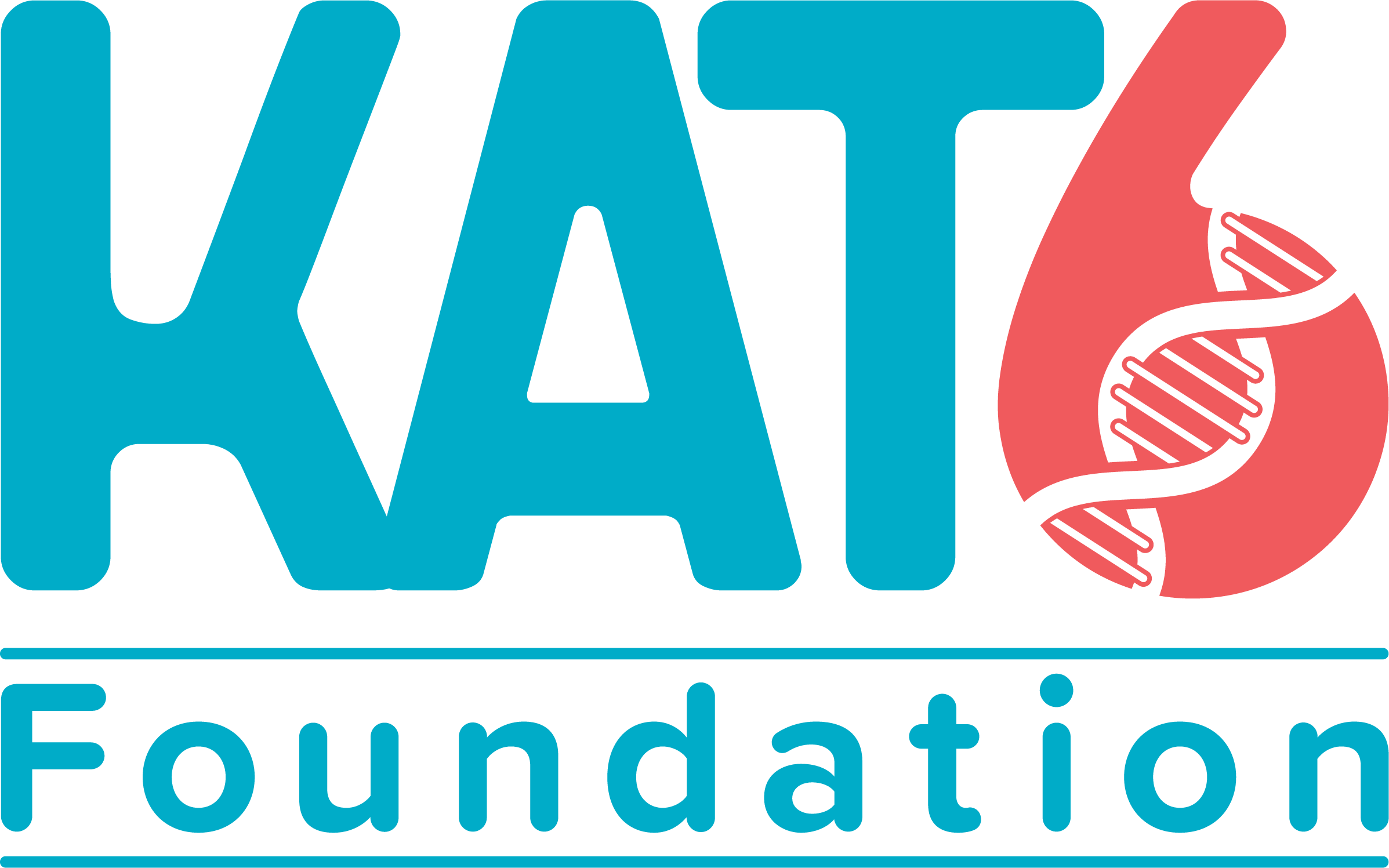
Join us for a Zoom webinar led by Dr. Anne Voss
August 12, 2024 at 9:00 pm EST (US and Canada)
About the Presenter:
DR. ANNE K. VOSS
Joint-Division Head, Epigenetics and Development Division, Walter and Eliza Hall Institute of Medical Research, AUSTRALIA
Dr. Voss established her laboratory at the Walter and Eliza Hall Institute of Medical Research (WEHI) in Melbourne in 2000 after post-doctoral positions at Cornell University, USA and at the Max-Planck-Institute for Biophysical Chemistry, Germany. From 2012-2018 Dr. Voss was Head of the Development and Cancer Division, and since 2019 she is Joint-Head of the Epigenetics and Development Division at WEHI. In 2015, she received the Elizabeth Blackburn Fellowship (Biomedical Science) and in 2021 the Clunies Ross Award with Tim Thomas and Jonathan Baell for the commercialization of MYST histone acetyltransferase inhibitors for the treatment of cancer.
Dr. Anne Voss studies the role of KAT6A and KAT6B in neuronal differentiation and function through behavioral animal models. Her team is assessing the KAT6A and KAT6B gene role in behavior, learning and memory. Dr. Voss’ lab generates patient-specific variant in cells to determine if variant causes a loss or gain of function variant, followed by modeling in mice to assess pathology, cellular defects, molecular chromatin/biochemical and behavioral dysfunctions. Findings from these objectives will assist in assessing the efficacy of HDAC inhibitors and acetyl-donors to improve biochemical and behavioral function that is currently being studied in Dr. Voss’ lab using mice models.
Dr. Voss is one of the few experts in the world who studies vocalizations in mice models to support speech and language research in KAT6A and KAT6B gene variations. By investigating ultrasonic vocalization in mice under two situations, pups calling out to their mother when separated and male singing to a female during mating behavior, it is possible to study the neurobiology of speech and language in rare genetic variations using animal models. In 2024, Dr. Voss’ research, Increasing histone acetylation improves sociability and restores learning and memory in KAT6B-haploinsufficient mice, was published in the Journal of Clinical Investigation.
Join Us on Zoom:
You can obtain the Zoom link in the KAT6 Support Group on Facebook, or email support@kat6a.org.
